
By Kodwo BRUMPON
“A bird that flies off the earth and lands on an anthill is still on the ground.” – African Proverb
One of the traits we overlook, as humans, is our ability to wonder. Beyond the mundane, we come across scenery and experiences that captivate and intoxicate us with awe. It could be a sunrise, but the way the rays penetrate the clouds create beauty so baffling, we stop and stare with excitement.
Or it could be how chocolate slowly melts on our tongues, spreading its richness, soft and velvety, over the taste buds, and creating a wave of warmth and flavour in our mouths which is both intense and delicate and fills us with an experience which is both deeply sensory and rewarding.
All around us life spew wonders at us, but we do not recognize them every day because too many of us get distracted or are caught in busyness. It is no secret that we tend to focus on our daily responsibilities and this consumes our mental energies, leaving almost no room for us to reflect on our experience of the wonderfulness of truth, goodness and beauty.
We cannot forget the rising omnipresence of our mobile phone and computer screens. They are constantly engaging us and drawing us away from the wonders around us.
We may not care much for wonders because of the culture of productivity that has engulfed modern society. But nature as always has a more important reason for the existence of its nuances.
Wonders inspire the noise of life to fade. It is calm amid a chaotic world, and they provide us with a spirit of reverence to appreciate the natural happenings around us, as well as the ingenuity, imagination, and hard work of individuals and groups.
As Maria Popova puts it, “Wonder is the religion nature invented long before we told our first myths of prophets and messiahs, the great benediction of our fate as borrowed stardust on short-term loan from an entropic universe.”
That is how important wonder is to our flourishing. The awe it inspires in us leads us on intellectual and emotional journeys that contribute towards our understanding of life. If our ancestors had not wondered about the stars, they would not have created a study out of it.
As a matter of fact, science came about because of the wonders of life. And though we have come far with regards to our appreciation of life, especially the natural environment, we still have a long way to go because the wonders continue to evolve.
The existence of wonders is what guides the best parts of our thoughts and actions. Have you ever wondered what inspires you to be grateful in a situation or even show compassion on another person? It is an awareness of the magnitude of truth, of goodness or beauty.
It is a consciousness about something beyond the mundane that we deem miraculous. It is the majesty of a moment that many of us must learn to tell our minds to look out for them. It demands that we let go of our thinking about the future and the past and become present in the moment to experience something awesome.
When you get struck with wonder, you become more appreciative of life because you discover truth, goodness and beauty in places you never imagined existed. Wonders have a way of deepening our belief in miracles and make us expectant of them.
They remind us that there is more to life than meets the eye. We come to understand that some things are best understood felt, rather than explained. And this ignites in us a desire to connect with something greater than ourselves, and something beyond our humanity.
The wonderful moments of life like a spontaneous act of kindness, or an unlikely but perfect solution to a problem, help us see the world with childlike curiosity and optimism. They help us stay open to faith, suggesting that extraordinary possibilities can arise even in unexpected places, uplifting our spirits and renewing our perspective on the positives of life.
That is why it is essential for us to “allow ourselves to feel the wonder: to really see, to really touch, to really taste, and to really hear. Creating and being present to moments of wonder in our lives builds our best selves. We have less time to be less than our potential when we experience wonder. Our sights are set higher.” And that is good for the flourishing of our humanity…
__________________________________________________________________
Kodwo Brumpon is an executive coach at Polygon Oval, a forward-thinking Pan African management consultancy and social impact firm driven by data analytics, with a focus on understanding the extraordinary potential and needs of organisations and businesses to help them cultivate synergies, that catapults into their strategic growth, and certifies their sustainability.
Comments, suggestions, and requests for talks and training should be sent to him at [email protected]
The post Wonders and Wonderfulness appeared first on The Business & Financial Times.
Read Full Story
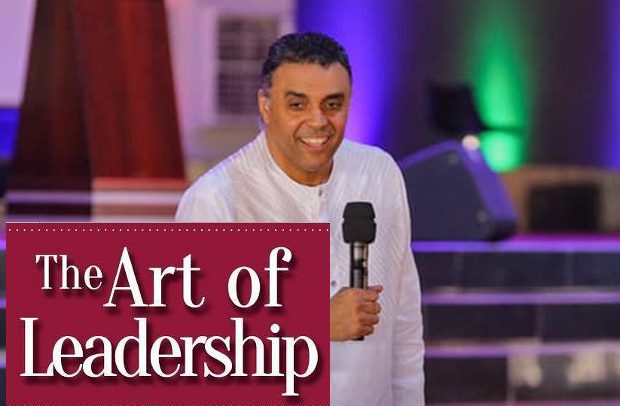
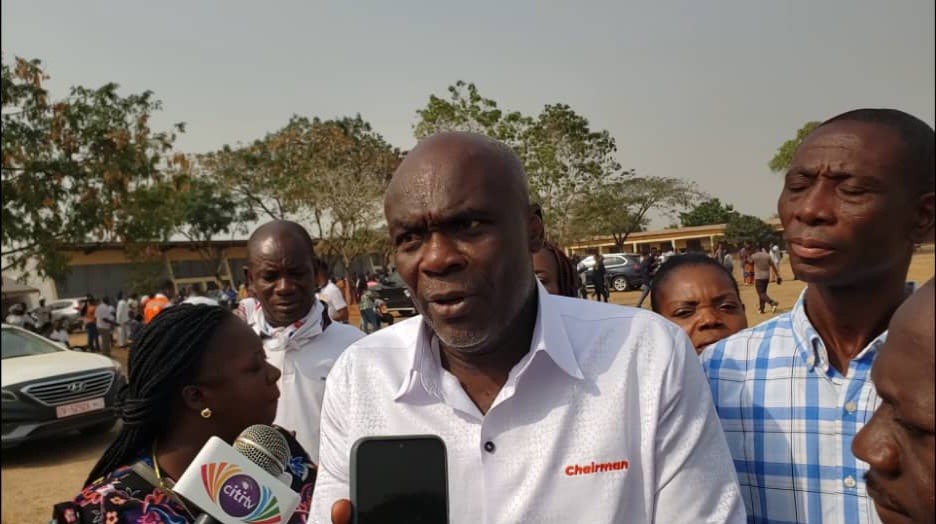
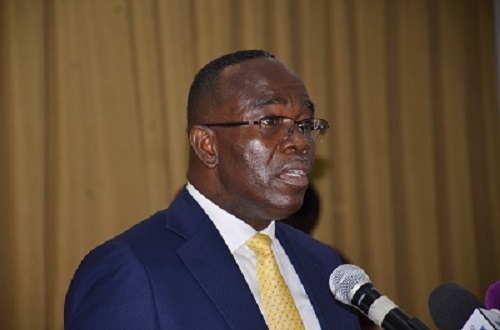

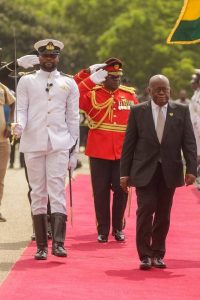
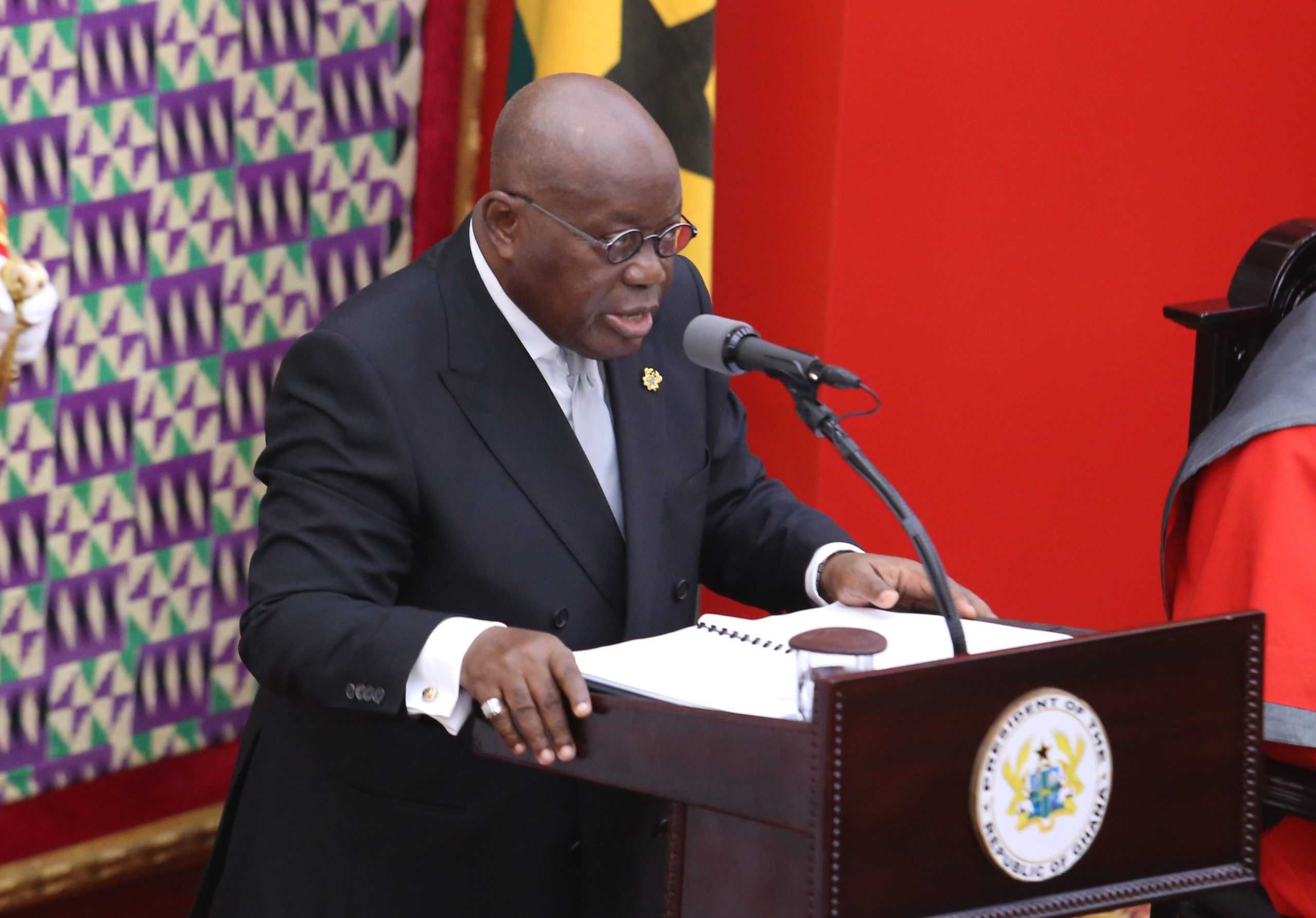





Facebook
Twitter
Pinterest
Instagram
Google+
YouTube
LinkedIn
RSS